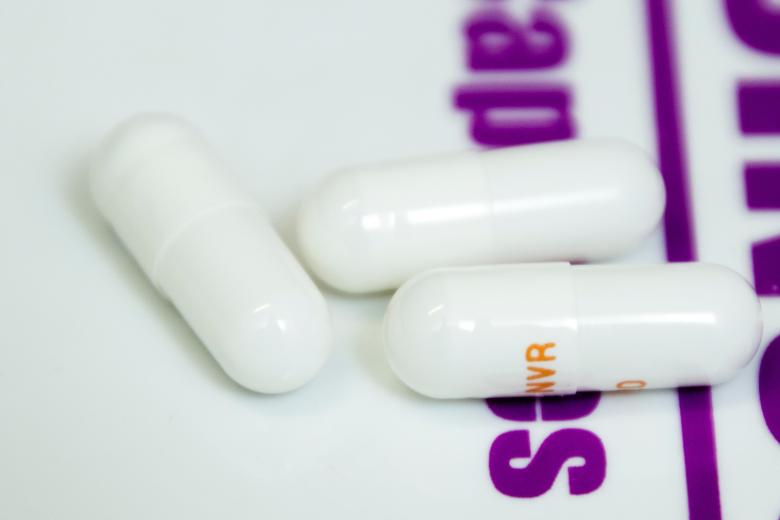One text message increases chance of survival after cardiac arrest
More than a quarter of people survive cardiac arrest when civilian emergency care providers are mobilised within six minutes via a text message. That is considerably more than when this kind of aid is not provided. This is revealed in a study by the Maastricht UMC+, the results of which were recently published in the scientific journal Resuscitation. The findings show the positive effect of the paging system for the first time, while also underscoring the Dutch Heart Foundation's appeal for more CPR-trained individuals in society.
It is estimated that only one in ten people survives cardiac arrest. The chance of survival increases when CPR can be initiated within six minutes, along with the use of an AED. The Netherlands now has 130,000 active civilian care providers: registered volunteers who are trained in CPR and are also able to use an AED. Through the introduction of a special paging system, these people can quickly be mobilised when a neighbouring resident goes into cardiac arrest. This has demonstrated considerable success, as is now evident from the findings of researchers in Maastricht.
Survival
During a two-year research period, 833 people in Limburg were resuscitated after a heart condition. In 422 cases, it was deemed appropriate to activate the paging system for civilian care providers. In the other situations, an ambulance was already on site or the resuscitation took place in a public location with an AED available (such as a shopping mall or sports centre). After a call was made, in 291 cases at least one civilian care provider was mobilised and able to initiate CPR in a timely manner. Thanks to this procedure, 27.1% ultimately survived cardiac arrest. In the event that the alert system was activated, but did not lead to a response from a civilian care provider, the survival rate was found to be only 16.0%.
Speed is the key
In addition to the contributions of the civilian care providers, survival was also higher when a witness to a cardiac arrest initiated CPR. 'The quick and appropriate intervention ensured that, in 92% of cases, survivors were able to return home after being discharged from the hospital,' says lead researcher Ruud Pijls. Cardiologist professor Ton Gorgels adds: 'Speed is the key. The more people in our society who are trained in CPR, the more lives we can save. That is underscored by our research, which demonstrates for the first time that the civilian aid paging system works.'
Also read
-
Menstruation is still a taboo in the workplace
In honour of the presentation of the VNVA Els Borst Prize for her oeuvre, Prof Marlies Bongers is organising the symposium "menstruation in RED on the agenda" on 1 October.
-
Repeat miscarriages: does the immune system play a role?
In women trying to conceive, 1-3% experience repeated miscarriages. For more than 50% of these women, a cause for the miscarriages has yet to be found. New research from Maastricht University (UM) and the Maastricht University Medical Centre+ (MUMC+) shows that the immune system’s Natural Killer (NK)...
-
New European project aims to think outside the box when it comes to medicine
The European Commission has awarded €23 million to set up a new platform for drug repurposing: the use of existing drugs in diseases other than those for which they were originally developed. In the next seven years UM will develop the platform REPO4EU (precision drug REPurpOsing for Europe) together...